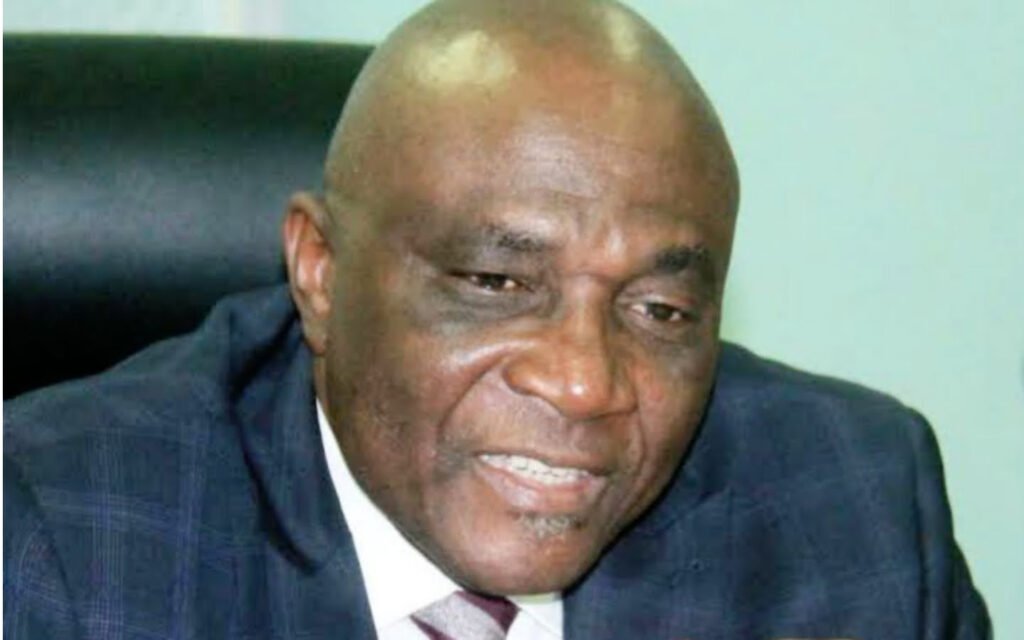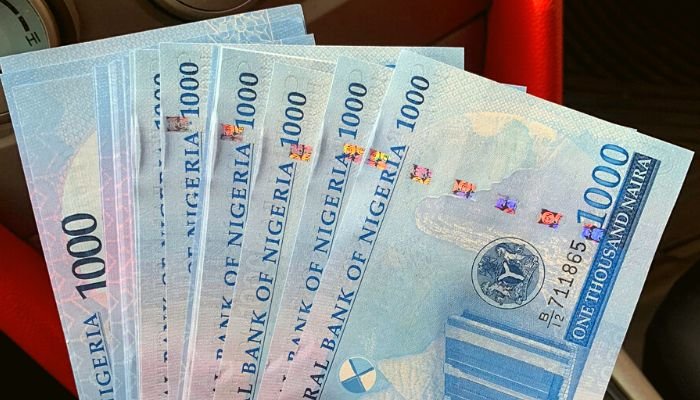The Special Adviser to President Bola Tinubu on Information and Strategy, Bayo Onanuga, has declared that the administration’s economic reforms are restoring both domestic and international confidence in the naira.
Onanuga’s comments were in reaction to a report that some Chinese traders have now begun accepting naira as a medium of exchange in place of the United States dollar for transactions with Nigerian customers. According to the report, foreign exchange traders attributed the recent stability of the naira to the ongoing currency swap agreement with China.
The development comes as Nigeria continues to explore avenues to strengthen its currency. In addition to the swap deal, peer-to-peer foreign currency exchanges are playing a crucial role. These exchanges provide individuals with online platforms to trade directly with one another, bypassing intermediaries such as banks and other foreign exchange services. Analysts say the trend is helping to ease the pressure on the naira.
Figures from the Nigerian Foreign Exchange Market show that the naira appreciated by 0.36 percent, rising by N5.48 to close at N1,526.09 per dollar, compared to N1,531.57 at the previous trading session. This marks the strongest performance of the naira in nearly six weeks, according to data published by the Central Bank of Nigeria.
Naira Records Strongest Rate In Six Weeks
Onanuga, in a post shared on his official X account on Tuesday, described the development as a significant step for Nigeria’s economy. He noted that the reforms being implemented under President Tinubu are gradually convincing foreign partners to place more trust in the naira.
“This is a salutary development for the Nigerian economy. The Tinubu reforms are making foreigners have faith in the naira. The Almighty US dollar is not the ultimate king here. The naira is waxing stronger as an international means of exchange.”
Bayo Onanuga
The presidential aide further cited his personal experience to emphasize the growing recognition of the naira abroad.

“I also buy some items on Chinese platforms. I can confirm that they accept naira cards. El-Rufai, veteran runner Atiku Abubakar, and Peter Obi will never celebrate this development. They are waiting for disasters to vent their political frustration on President Tinubu.”
Bayo Onanuga
Onanuga stressed that the current progress is proof that the administration’s economic policies are producing tangible results.
Nigeria’s broader economic outlook in 2025 reflects modest recovery, even as persistent challenges remain. The country’s GDP expanded by 3.13 percent year-on-year in the first quarter, signaling positive momentum. However, this fell short of both analysts’ projections and last year’s higher growth rate. The services sector continues to be the main driver, accounting for more than half of total GDP, as the nation steadily reduces its reliance on oil.
While oil production recorded a slight increase, it still fell short of government targets, leaving the sector’s revenue contribution unstable. Inflation, however, remains one of the most pressing challenges. At about 22 percent, it continues to put severe pressure on households and businesses across the country.
Despite the inflationary burden, consumer spending is projected to grow by 6 percent, supported by rising remittances and improvements in digital payments. At the same time, significant hurdles, such as insecurity in agricultural regions, high-interest rates, unreliable electricity supply, and inconsistent policies, continue to weigh on investor and business confidence.
The government, however, is doubling down on macroeconomic stabilization measures. Reforms in fiscal policy, improved operations in foreign exchange markets, and renewed efforts to diversify exports are central to the administration’s strategy. Authorities are also working to expand private sector credit, boost job creation, and reduce poverty.
For many analysts, the cautious optimism surrounding Nigeria’s economic path rests on the continuation of these reforms. Sustained political will and concrete measures to address long-standing structural barriers are considered critical to achieving robust, inclusive growth that will lift millions out of poverty and restore investor confidence in the nation’s economy.
READ ALSO: Per Diem Allegations Baseless, MP Defends Former CJ Torkornoo


















